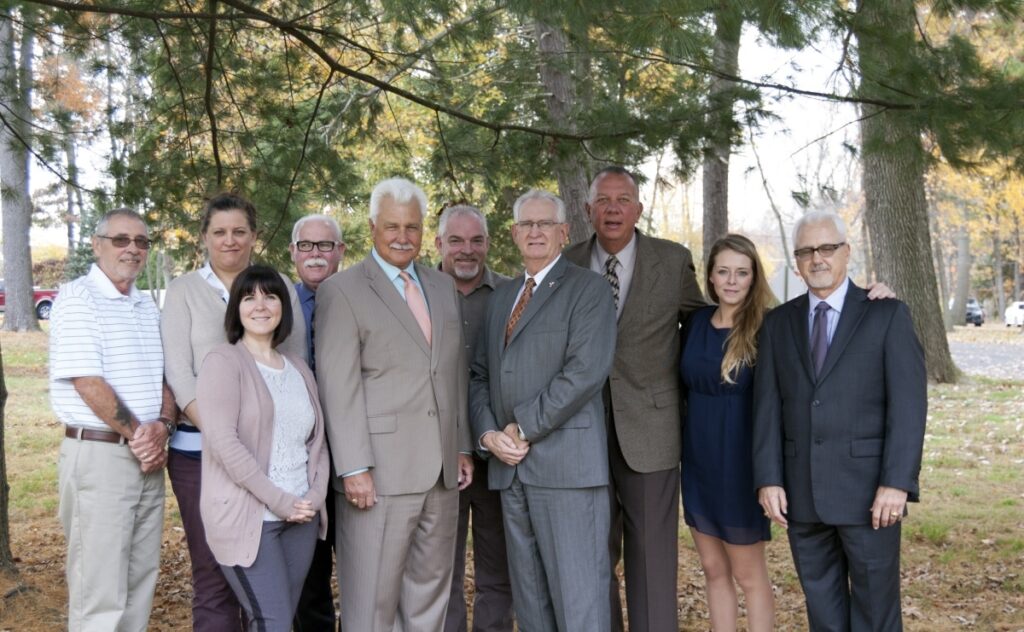“What brought me into treatment was my mom finding me overdosed on heroin in her basement. What got me to that point was the unmanageability of my life; I couldn’t hold a job, I had no money, I was living in my parent’s basement at 33 years old, I had no friends, I was out of options. I exhausted every option possible trying to do it on my own and it never worked. Dying seemed like the best way out of the pain of addiction. I figured it was impossible to get out any other way. When I was high, I would say ‘I don’t like living like this, this is the last time I’m using’ but then as soon as I would start to withdraw and get sick, I would get high without even thinking about it. I didn’t have the solution, but I knew people out there did.” – Mickey, combat veteran- US Army
Unwillingness to surrender is what makes great police officers, soldiers and firefighters. It is trained into first responders from day one at the academy and boot camp. “One trooper, one riot”, “Army of One”. You must be self-sufficient. You must be able to solve any problem. It is tragic that this life-saving mentality can push our veterans and first responders even further into the darkness and isolation of addiction. With other diseases like cancer, it is rare (if ever) that we hear a patient say ‘I will cure this on my own, I don’t need the help of medical professionals or treatment.” For some reason with addiction, a medical disease, we hear it everyday.
Alcoholics Anonymous is a resource that millions of people all over the world utilize in their recovery from addiction. The first word of the First Step in Alcoholics Anonymous is ‘We”.
“We admitted we were powerless over alcohol- that our lives had become unmanageable”.
The significance of this is that even back in 1939 when this book was written, it was recognized that those suffering from addiction needed the help of others, especially those who have been through the same disease. People with substance use disorders need others who have been where they have been. They need a team of people to help get them sober and to keep them sober. In many cases, they need clinical professionals; they need their families to be educated and to hold them accountable; they need medical collaboration; they need spiritual help and they need support in the workplace. That’s where you come in.
Fellow officers, service members, firefighters and EMS can play an integral part in a coworker’s recovery from addiction. If you have a coworker who is in treatment, reach out to them or their family if appropriate. It means a lot to our first responders to know that they aren’t forgotten- many are embarrassed, ashamed, in fear of losing their job or disgracing their departments. Most rehab centers allow mail and drop offs (cards, clothes if they came in uniform, toiletries). If they have been suspended without pay and have a family, does your department do donation collections? Do they have pets that need to be walked? Does their family need childcare in order to visit them?
Returning to work ranks among the top three fears of our first responders in residential rehab (along with getting fired and being written about in the newspaper). Typically this is because they have no idea what to expect. Along with fitness for duty evaluations and the possibility of being transferred, how will their colleagues react to them?
There are ways to make this a less stressful time for your coworker. If possible, you can consider visiting them while they are in treatment or, at the very least, talking to them on the phone. If you have a good relationship with them, when they return to duty, ask them how you can help. If they are struggling, you can locate open AA meetings online and offer to take them. Another (more obvious) way to help is by not pressuring them to attend alcohol-centric events. They may not be ready to be in that environment yet. Bars are not good hang outs for alcoholics in early recovery. My boss always says ‘would you bring a diabetic to a cake shop if you are trying to help them get better?’ Of course not. It’s the same idea with a recovering alcoholic.
Another way you can help your coworker is by getting yourself educated on the disease. If you are aware of red flags, triggers and potential hazards, you are able to see the bigger picture from a bird’s eye view rather than standing blindly on the ground. I once had a coworker of a police officer who had returned to duty after rehab call me to ask if it was true that the police officer was only recommended to not drink hard alcohol. This coworker wanted to know if he was still able to drink beer, which is what he has been told by the police officer. If you don’t have the correct, current information, you may not know how best to help your friend. Many places, like Livengrin Foundation, offer free support groups and educational programs for friends and family regardless of whether or not your loved one is in treatment. For a list of these services, please visit https://livengrin.org/family-support/.
First responders who have the disease of addiction can become better police officers, firefighters, soldiers and medics through recovery. Without drugs or alcohol, first responders who once abused sick time, came in to work under the influence or hungover and had angry outbursts on the job are now able to climb up the ranks, be leaders and role models within their organizations. Through good recovery, these officers become an asset to your department and can open the door to other officers in need of help.
For more information or if you have any questions please email us at frat@livengrin.org.







